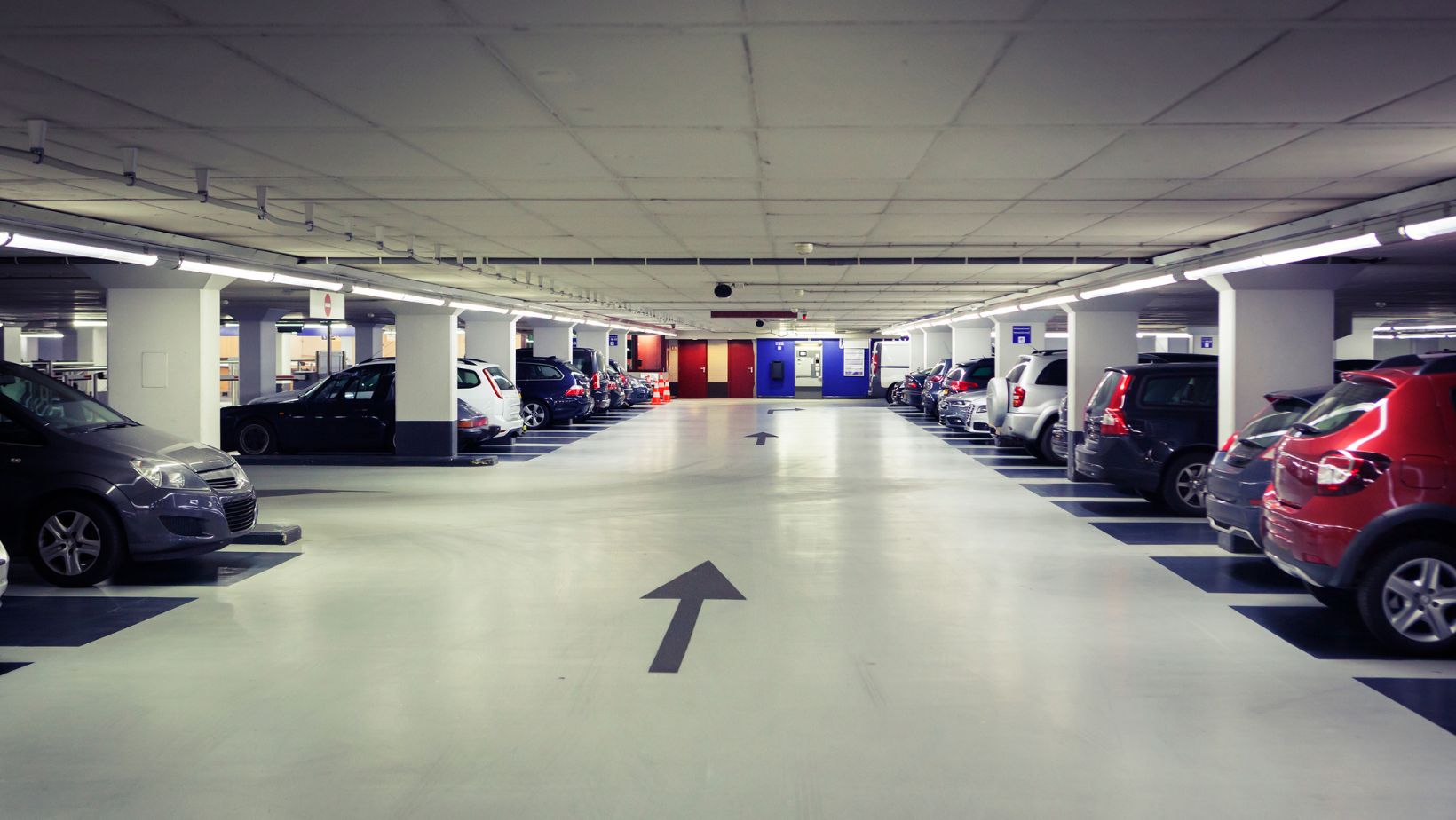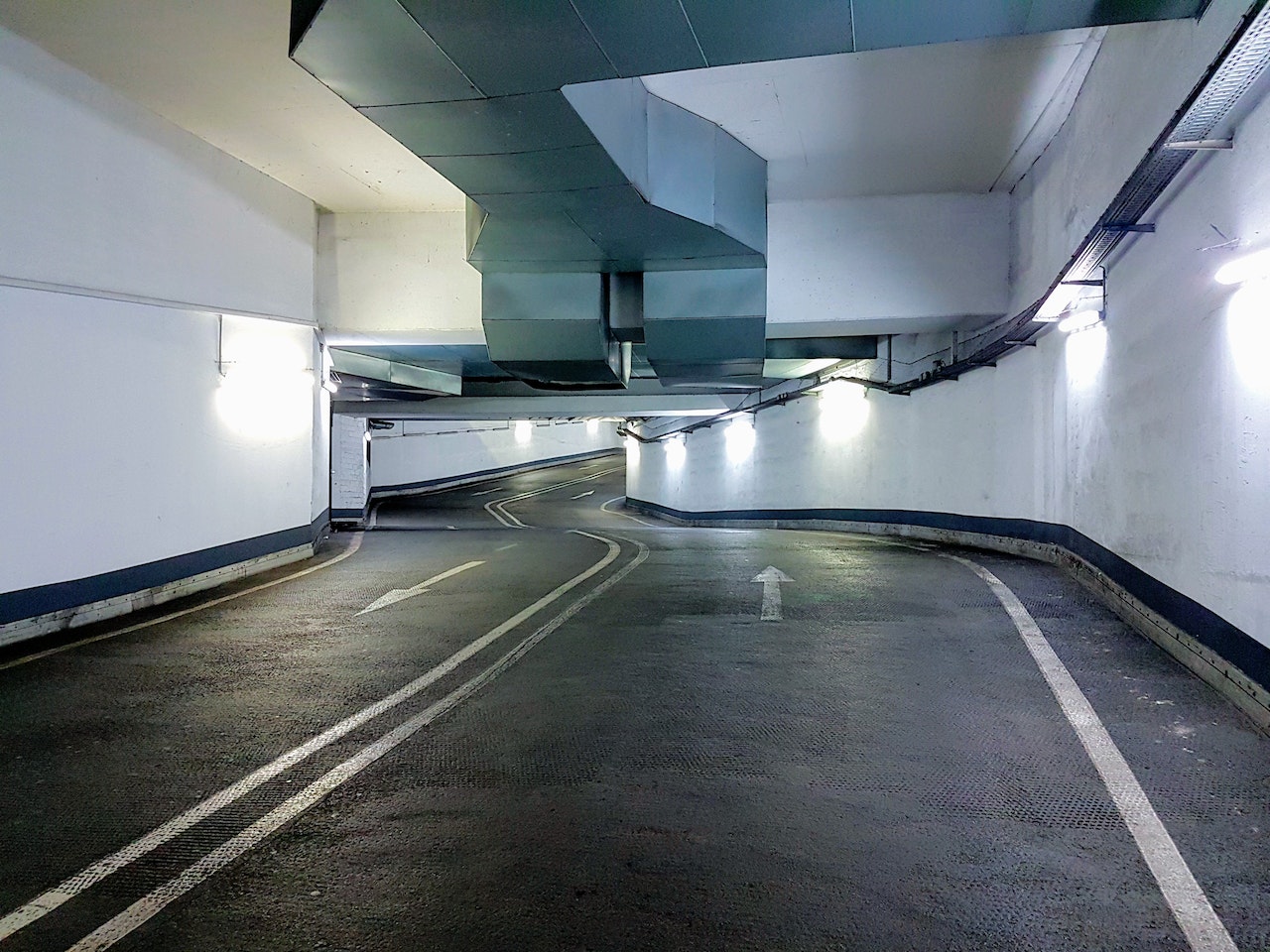Table of Contents
ToggleParking Blocks for Garage
If you’re tired of constantly hitting the wall in your garage while parking, it might be time to consider investing in parking blocks. These handy devices are designed to help guide your vehicle into the perfect parking position, preventing any accidental collisions with walls or other objects. In this article, I’ll explore the benefits of using parking blocks for your garage and provide some tips on how to choose the right one for your needs.
One of the main advantages of using parking blocks is their ability to protect both your vehicle and your garage walls from unnecessary damage. By providing a physical barrier, they ensure that you park at a safe distance from any potential hazards. This can be particularly useful if you have limited space or if you’re not confident in judging distances accurately.
When selecting a parking block for your garage, there are a few factors to consider. First and foremost, make sure it’s made from durable materials such as rubber or plastic, as these will withstand daily use and resist wear and tear. Additionally, look for a design that is easy to install and doesn’t require any complex tools or hardware.
By incorporating parking blocks into your garage setup, you can enjoy peace of mind knowing that both your vehicle and surrounding structures are protected. So why not take the necessary steps to avoid those frustrating dings and scratches? Invest in high-quality parking blocks today!
Factors to Consider When Selecting Parking Blocks
When it comes to choosing parking blocks for your garage, there are several important factors to consider. These factors will help ensure that you select the right parking blocks that meet your specific needs and requirements. Here are some key considerations:
- Garage Size: The size of your garage is a crucial factor in determining the type and quantity of parking blocks you’ll need. Measure the dimensions of your garage space to determine how many parking blocks you can fit comfortably.
- Vehicle Size: Consider the size and type of vehicles that will be parked in your garage. Larger vehicles may require taller or wider parking blocks to effectively guide them into place without causing any damage.
- Material Quality: Look for parking blocks made from durable materials such as reinforced concrete or rubber. High-quality materials ensure longevity, even with regular use and exposure to varying weather conditions.
- Reflective Features: Opting for parking blocks with reflective features can greatly enhance visibility, especially during low-light conditions or at night. This helps drivers accurately position their vehicles within the designated parking area.
- Installation Options: Consider whether you prefer surface-mounted or embedded installation options for your garage parking blocks. Surface-mounted options are easier to install but may not provide as much stability compared to embedded options that are more securely anchored into the ground.

Different Types of Parking Blocks for Garage
There are various types of parking blocks available in the market today, each offering unique benefits and features suited for different purposes. Here are a few common types:
- Concrete Parking Blocks: Concrete blocks are sturdy and long-lasting, making them an ideal choice if durability is a top priority for you. They come in various sizes and shapes, allowing customization based on individual needs.
- Rubber Parking Blocks: Rubber blocks offer flexibility and shock absorption properties, reducing the risk of vehicle damage in case of accidental impact. They are also lightweight and easy to handle during installation.
- Plastic Parking Blocks: Plastic blocks are cost-effective and resistant to corrosion, making them a popular choice for both residential and commercial garages. They are available in different colors, allowing you to match them with your garage aesthetics.
Installation Tips for Garage Parking Blocks
Proper installation is crucial to ensure that parking blocks effectively serve their purpose in your garage. Here are some tips to consider during the installation process:
- Prepare the Surface: Before installing parking blocks, make sure the surface is clean, level, and free from any debris or obstructions. This will provide a stable foundation for the blocks.
- Secure Anchoring: If you opt for embedded parking blocks, ensure that they are securely anchored into the ground using appropriate hardware or adhesive materials as recommended by the manufacturer.
- Spacing Considerations: Proper spacing between parking blocks is essential to allow sufficient maneuvering space for vehicles while ensuring efficient use of available space within your garage.
- Clear Signage: Install clear signage indicating designated parking areas and any specific instructions or restrictions related to parking within your garage.
Remember, selecting the right parking blocks for your garage involves considering various factors such as size, material quality, reflective features, installation options, and types available in the market.





